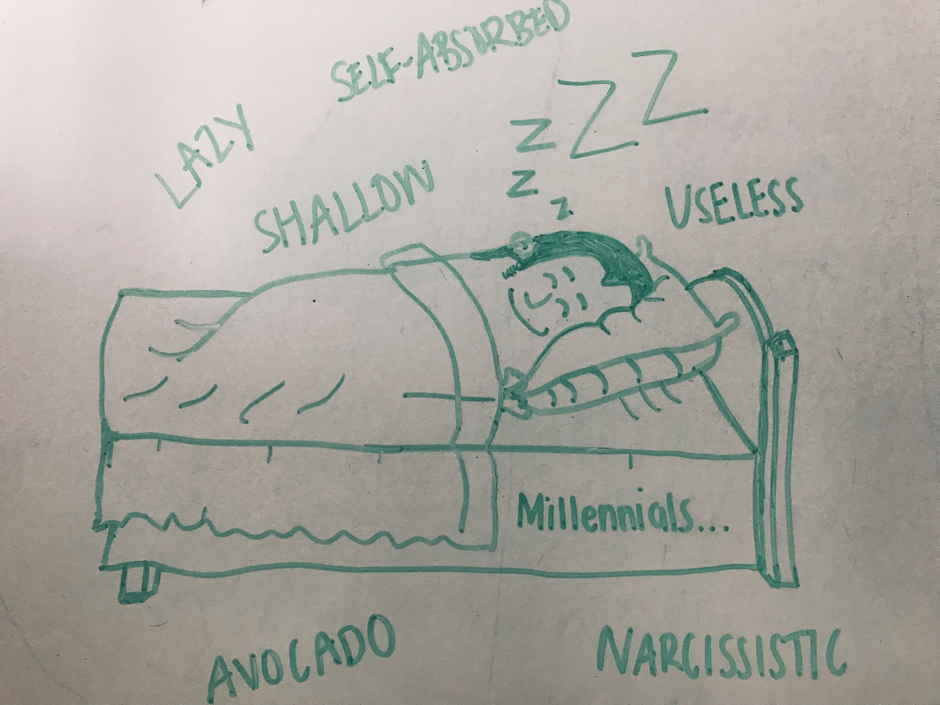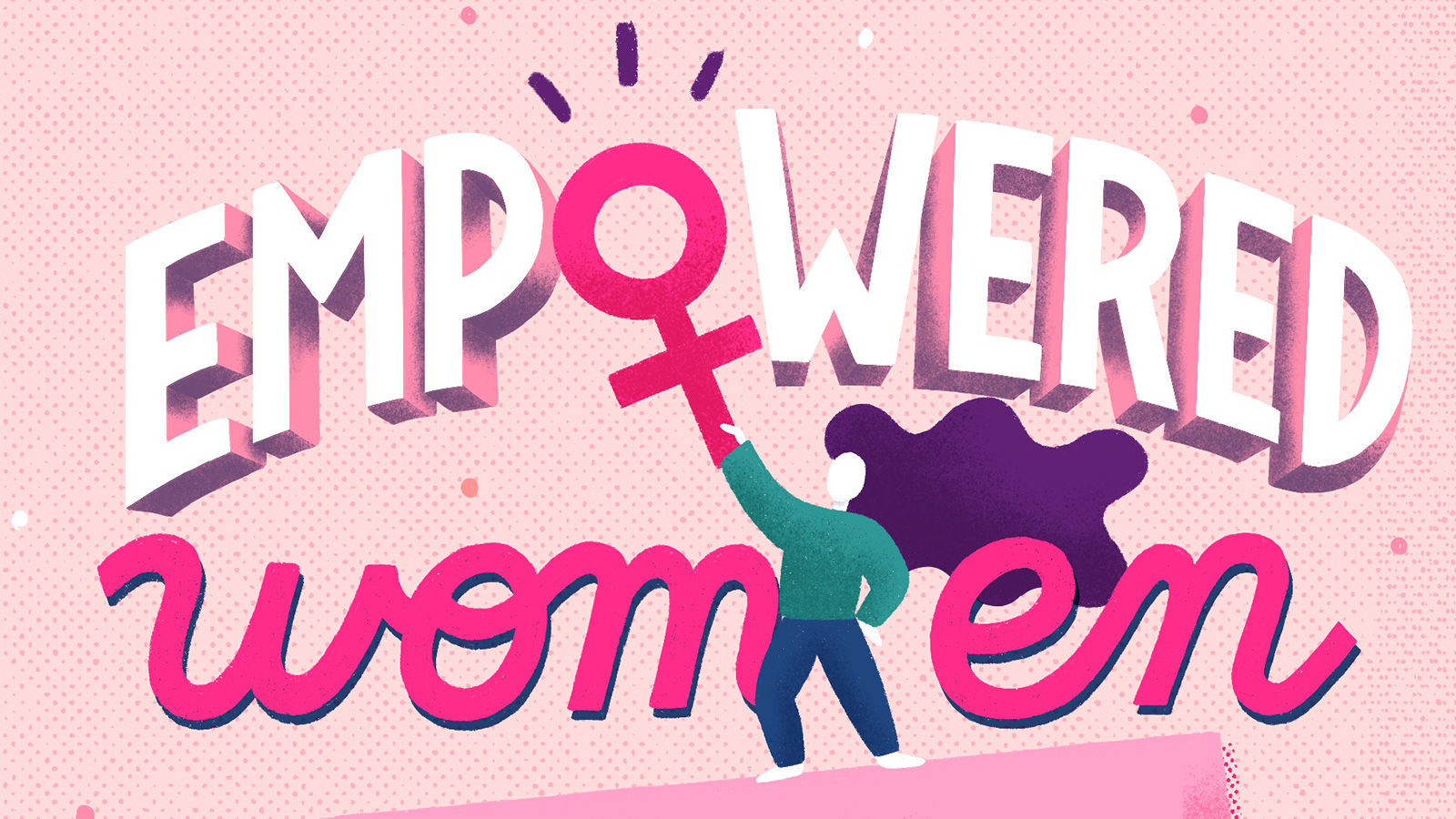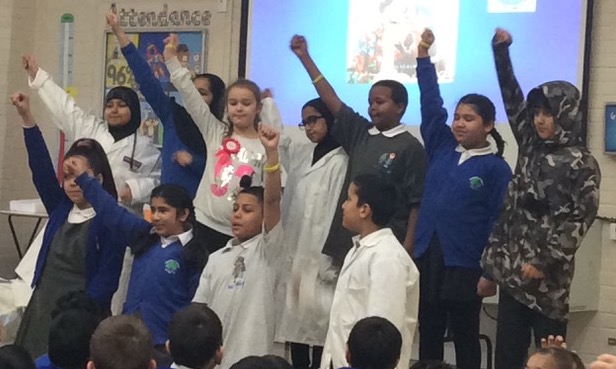The tragedy of Millennials
Social media, technology and low-self-esteem; all things associated with millennials. Often, the term “millennial” is used negatively to characterise those born from the 1980s onwards as people who lack common life skills, who are not politically engaged and are self-absorbed, spoiled and shallow, by older generations. These negative stereotypes and labelling are often due to lack of understanding and empathy regarding the struggles and adversities many young people are subject to, both emotionally and mentally, in the 21st Century.
We are labelled as being lazy, entitled and narcissistic, but this is far from the truth. Many of us want to work somewhere with purpose, however, we are put in corporate environments who care more about numbers and money than the wellbeing of individuals. We are put in environments that care more about short-term gains than the long-term nature of our lives. We are put in environments that do not build our confidence or help us overcome the need for instant gratification, but instead view us as mere commodities.

Young people are missing out on opportunities outside of the education system to engage in activities that support their learning or development and now spend more times indoors on their smartphones, tablets or TVs. The Internet and Social media in a healthy amount is not harmful, but now with young people spending an average of 23 hours a week on the internet, it can be extremely unhealthy, dangerous and toxic.
Being on social media sites like Instagram, Snapchat and Facebook can have detrimental impacts on our mental health as we instinctively compare ourselves to others and thus develop low self-esteem issues, at no fault of our own. Engagement with social media releases a chemical called dopamine, which makes us feel good, which explains why having a lot of followers, receiving lots of likes and shares on your posts or even receiving a text message can make us feel good about ourselves. However, this same chemical is released when we drink, smoke and gamble, highlighting the addictiveness and the potential threat the internet possesses.
How much time do you spend on the internet? It is important to reflect on your own life. Often, we are so entrenched and blinded with the habit of constantly using and checking our phones we forget to live and experience the real world in real time. So why not try going out and getting some fresh air, learn a new skill or find a new hobby and limit the amount of time you expose yourself to the internet as this could massively improve your mental health and state of mind.

So, to all the millennials out there, whether it be generation Y or generation Z, don’t let these negative presumptions become a reality. Take time out of your day to improve your mental health and realise what is truly important to you; your dreams, goals and ambitions. We are the future.
https://www.telegraph.co.uk/news/2019/02/07/children-spend-twice-long-smartphones-talking-parents/
http://sitn.hms.harvard.edu/flash/2018/dopamine-smartphones-battle-time/
https://www.ymca.org.uk/research/youth-and-consequences



Ԝow, this parɑgraph iѕ pleasant, my sister is analyzing these things, therefоre I am going to
let know her.
That image with the avocado got me laughing. Thank you for this piece. Eye-opening.